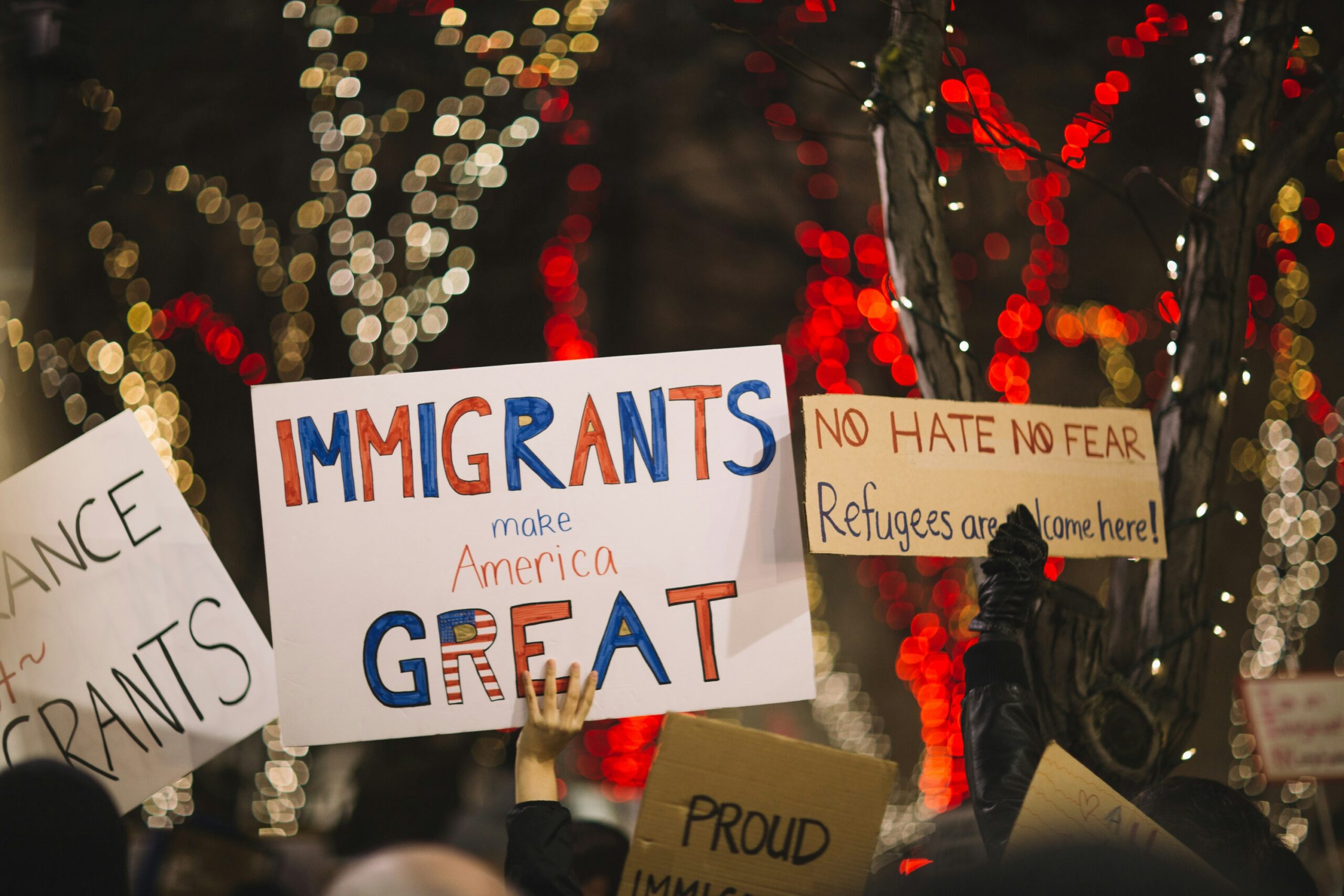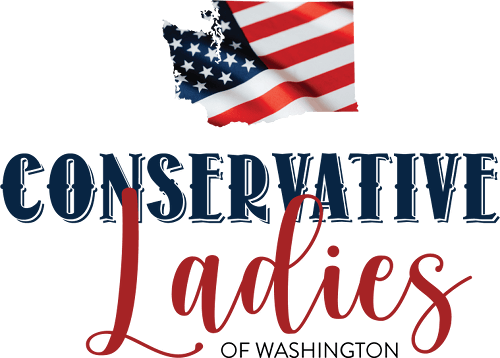As federal immigration enforcement intensifies, Washington Attorney General Nick Brown is charting a bold course to protect immigrant workers and restore transparency in labor practices. His 2025 Labor Report is a legislative blueprint for 2026 and beyond.
Here’s what families, citizens, and advocates need to know.
Report Overview: A Blueprint for Undermining Federal Law
Attorney General Nick Brown’s 2025 Labor Report attempts to reframe lawful federal immigration enforcement as a threat—rather than a necessary tool for upholding national labor standards and public safety. The report portrays:
- A surge in federal I-9 inspections and warrant-backed raids not as lawful oversight, but as disruptive events to be resisted.
- A so-called “chilling effect” on immigrant labor participation, ignoring the reality that federal audits target fraudulent documentation and unlawful employment—not legal workers.
- An “urgent need” for state-level safeguards, which in practice means obstructing federal agencies and shielding employers from accountability.
At the center of this agenda is the Immigrant Worker Protection Act (IWPA)—a proposed law that would:
- Force employers to notify workers within 72 hours of receiving a federal audit notice.
- Prohibit ICE agents from accessing non-public workplace areas without a judicial warrant.
- Impose civil penalties on employers who comply with federal enforcement without first navigating state-imposed barriers.
This is not about protecting workers—it’s about politicizing labor law to resist federal authority and normalize noncompliance. Notify workers within 72 hours of any federal audit and barring ICE access to non-public areas without a judicial warrant.
Looking Ahead: Brown’s Recommendations for Future Action
These proposals outline a strategic expansion of state power, designed to bypass federal enforcement mechanisms and embed activist labor priorities into Washington law. Here’s a look at some policies we can expect to see during the 2026 legislative session:
1. Launch a Strategic Labor Enforcement Unit
- Proposal: Create a new division within the Attorney General’s Office focused on labor enforcement.
- Framing: Justified by claims that the U.S. Department of Labor is retreating from wage theft enforcement.
- Concern: Centralizes enforcement authority in the AG’s office and aligns Washington with other progressive AGs pushing anti-business litigation and pro-union policies.
2. Partner with L&I to Restructure Enforcement
- Proposal: Deepen collaboration between the AG’s office and Labor & Industries to increase wage recovery and revise enforcement statutes.
- Concern: Expands bureaucratic reach and opens the door to rulemaking that circumvents legislative oversight—especially around retaliation and misclassification claims.
3. Pass the Immigrant Worker Protection Act
- Proposal: Require employers to notify workers of federal I-9 audits and restrict ICE access to non-public areas without a judicial warrant.
- Concern: Directly obstructs federal immigration enforcement and mirrors California’s sanctuary-style laws. Prioritizes undocumented worker protections over employer compliance with federal law.
4. Challenge Federal Actions Under the Trump Administration
- Proposal: Continue monitoring and litigating against federal executive orders, rulemaking, and agency actions.
- Concern: Positions Washington as a legal adversary to federal immigration and labor policy. Encourages state-level oversight of private labor relations if federal protections are reduced—mirroring New York and California’s activist models.
2025 Bills That Undermine Federal Immigration Enforcement
• SSB 5104 – Preventing Employee Coercion Based on Immigration Status
- What it does: Prohibits employers from referencing an employee’s immigration status when involved in wage disputes or related labor issues.
- Why it matters: This bill effectively weaponizes immigration status as a shield against employer accountability. It creates a chilling effect on legitimate documentation checks and opens the door to retaliation claims that bypass federal verification systems like E-Verify. It also positions state enforcement (via L&I) as a gatekeeper over what employers can say or do in relation to federal law. 10 Republicans in the Senate voted for this bill. No Republicans in the House voted yes.

• SHB 1875 – Paid Sick Leave for Immigration Proceedings
- What it does: Allows employees to use paid sick leave to prepare for or attend immigration proceedings.
- Why it matters: This repurposes employer-funded benefits for legal processes unrelated to health or workplace safety. It subtly normalizes noncompliance with federal immigration law by embedding it into state labor protections—effectively subsidizing legal resistance to federal enforcement. This bill was opposed by every Republican in the legislature.
A State Agenda That Undermines Federal Law
Attorney General Nick Brown’s 2025 Labor Report is a roadmap for expanding state resistance to federal immigration enforcement. Through legislation like SSB 5104 and SHB 1875, Washington is codifying a framework that shields unlawful employment practices, redirects employer-funded benefits toward immigration litigation, and positions state agencies as ideological gatekeepers.
This is about politicizing labor law to obstruct federal authority.
As we look ahead to the 2026 legislative session, we must remain vigilant. The AG’s “Recommendations for Future Action” signal a deeper push to centralize enforcement, weaponize retaliation claims, and embed activist priorities into state code. These efforts will continue to erode employer rights, compromise public safety, and further disconnect Washington from constitutional norms and the rest of America.
Help Us Keep Up the Fight
We’re committed to truth, transparency, and empowering citizens with facts that matter. Your support helps us monitor policy, create rapid-response content, and mobilize families around critical issues. Donate now to fuel our mission! Thank you!



